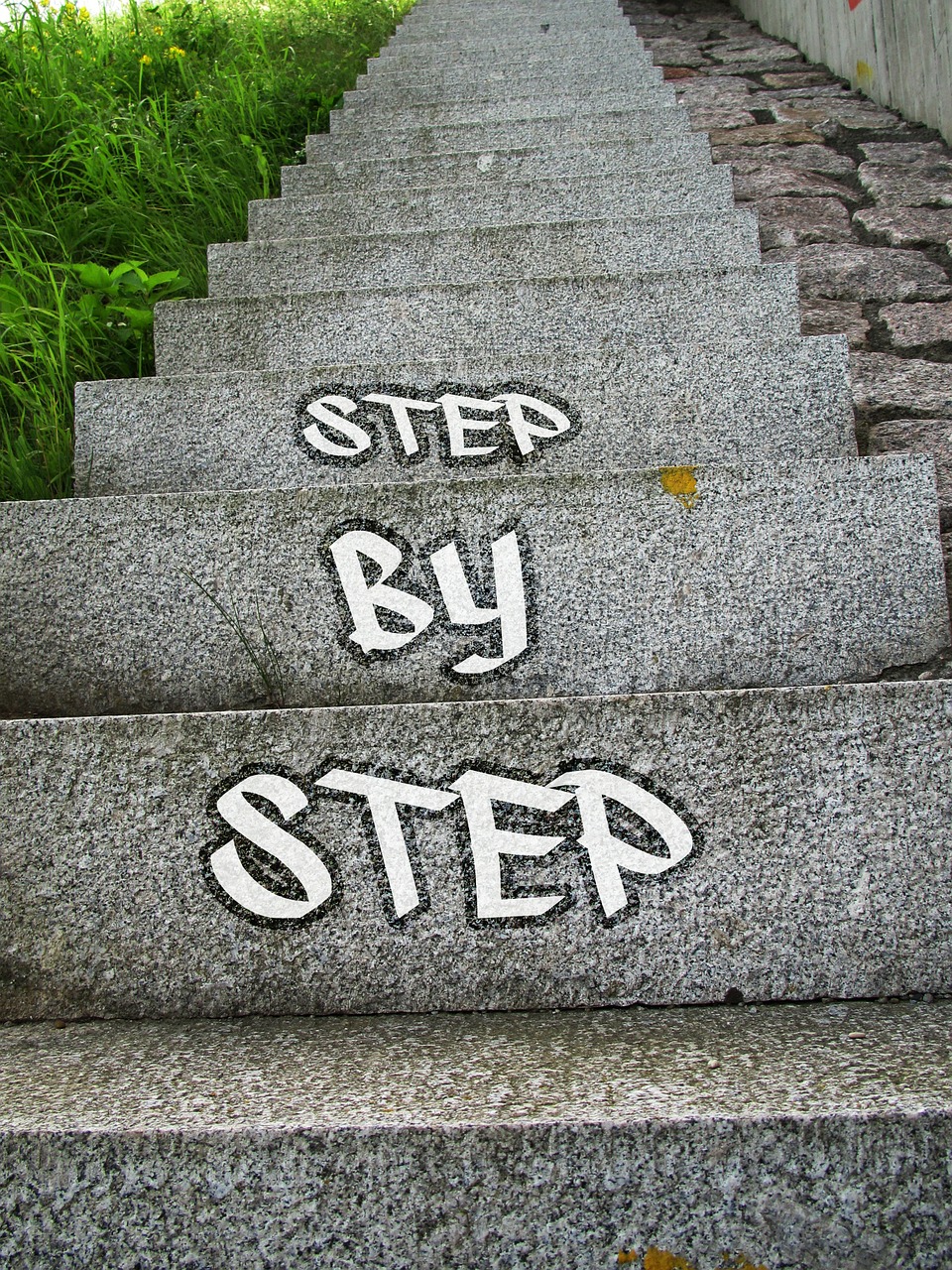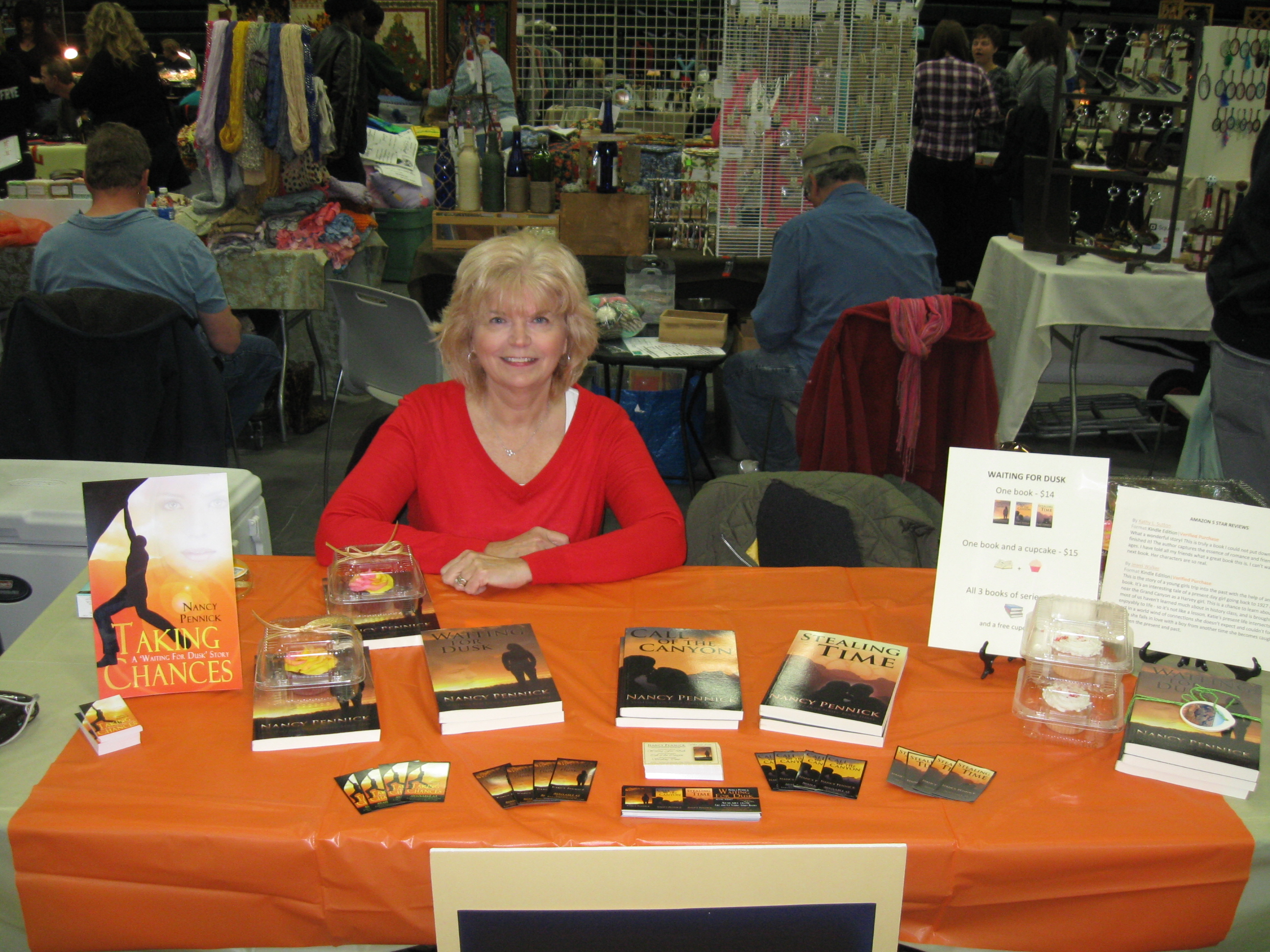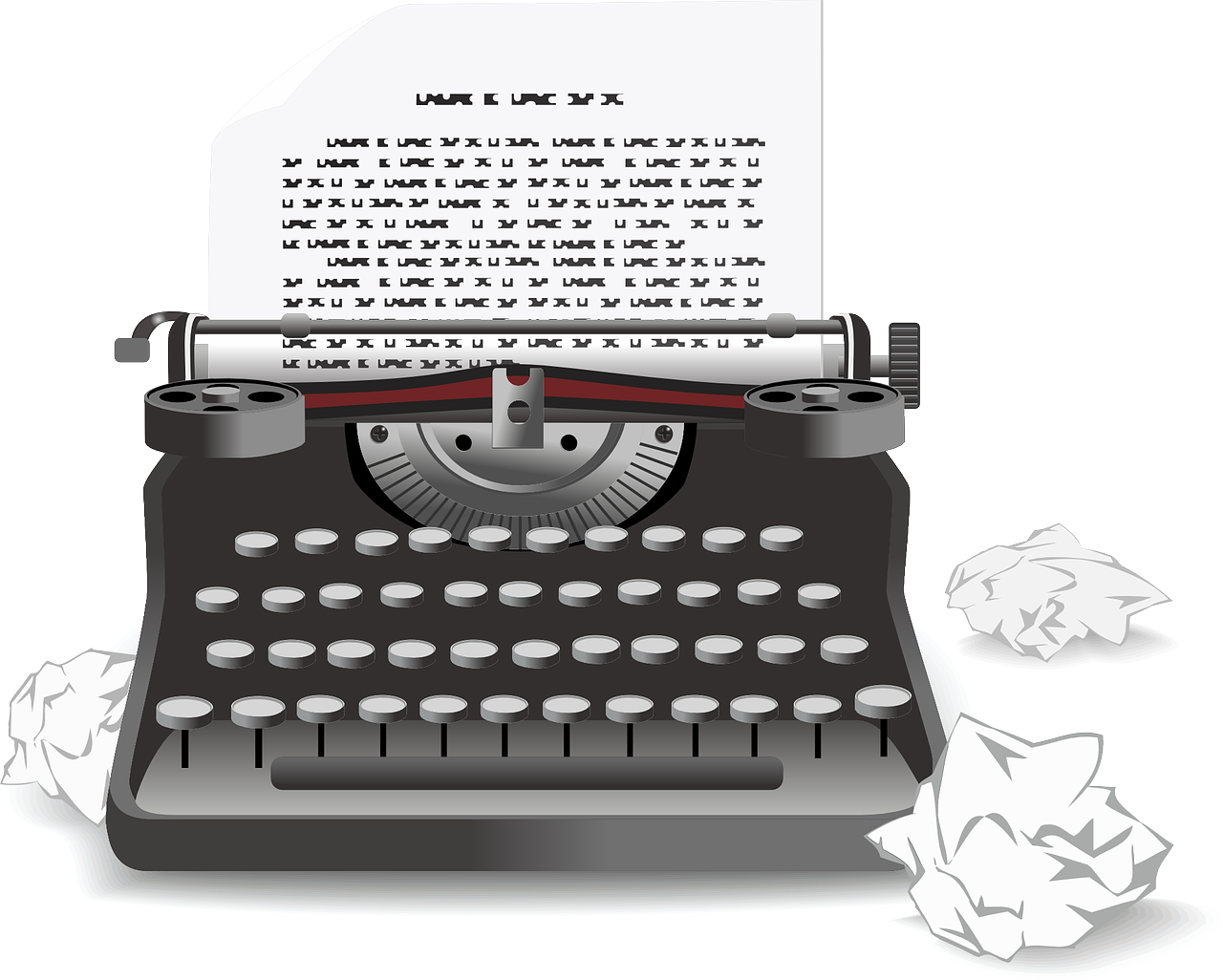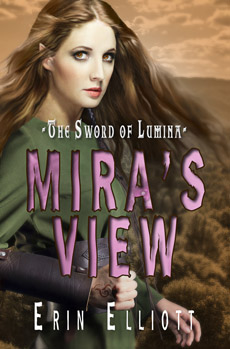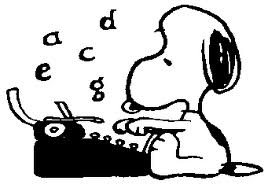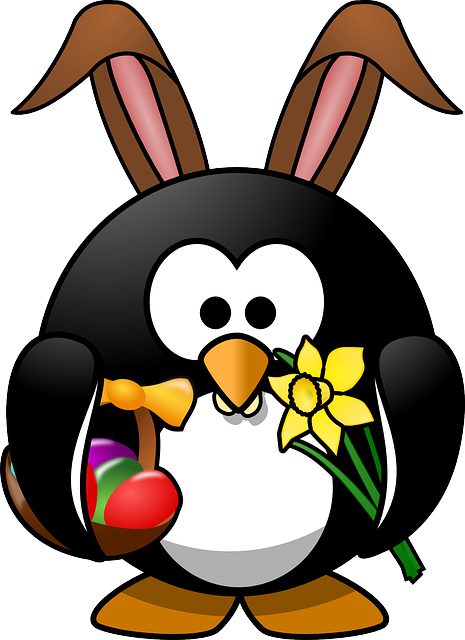
Today my guest is Donna Driver, a Fire and Ice young adult author. I’m sure every writer can agree that we hope for someone to quote us or think our writing stands out from the rest! Thank goodness for editors and authors who listen to them. Kudos to Donna! As writers we have to be open to suggestions, revisions and anything else that will make our writing better. I really enjoyed this post. Hope you do, too.
A Great 1st Line (For Chapter Two) – by D. G. Driver
“No good calls ever came at two o’clock in the morning. Only ones that wipe out any hope of having a normal day. On this particular morning, it wiped out hope of anything ever being “normal” again.”
This was supposed to be the opening line of my novel Cry of the Sea. I was so proud of it. So proud! Yes, I envisioned its brilliance being quoted as one of the great opening lines of YA literature at many a writer’s conference for years to come. I loved it so much that no matter what I felt about the rest of the chapter, I was determined to keep that first line.
Why was I so sure? Or stubborn? I have attended so many writing workshops and read so many books and articles about the craft of writing novels. Several things have been drummed into my head. “Have a great opening line.” “Hook your reader from the first moment.” “Start where the action is.” “Start your novel where the protagonist’s life changes from its normal routine.” “Start on the day that is different.” And my favorite? “Get to the main point of the plot before page 30.”
So, I had this idea for a story about a girl who discovers mermaids caught in an oil spill. Based on everything I’ve learned, that meant she had to find the mermaids before page thirty. I also felt strongly that the story needed to start in the moments just before finding those mermaids. How best to do this? I thought it would be exciting to have her wake up to the alarming news of the oil spill and have her rushing out the door with her environmentalist father to get to the beach.
There were some problems with my idea. I had to somehow very quickly introduce my main character and her father, their relationship, and the reason they were going to an oil spill. There was a lot of information to share to have the story make any sense. I thought I’d be clever and get some of that out with a little flashback to the night before in order to explain a few things. Only, that flashback grew from a few paragraphs to a dozen pages before coming back to the big rush to the beach. More important writing advice haunted me: “Don’t have a big flashback in the opening chapter.” “Don’t info dump.” “Show don’t tell.”
Oh, poo on all of that. I had an awesome opening line! It had to stay this way.
Well… I sent my first chapter to a few agents and editors. No one sent me back praise for my glorious first line. No one requested more pages either. I grew frustrated. Yet, I didn’t revise. I’d already revised the book over and over, and I didn’t know how to do it again. Not without ruining my opening line. The writing advice I knew conflicted in my brain.
Bless the team at Fire and Ice, though. They stumbled past my opening chapter and read on to find the story that followed it. They offered to publish the book and sent Megan Orsini, my editor, to help me out. Her very first note to me:
“I think the flashback in the opening chapter is too long. I forgot it was a flashback. Why don’t you make that the opening chapter and put the phone call and oil spill scene in chapter two.”
But… but… That would put my opening line in chapter two. Do you hear me whining?
I knew Megan was right, and I followed her advice. I wound up completely rewriting the whole opening to my book. With her guidance, I actually revised the opening chapter six times and the first page an additional two after that. Now my opening line is: “You ready to see how the next big change in your life is going to look?” as asked by June’s father. No, this won’t put me in any lists of great opening lines, but it works. The book works better too. And guess what? We still meet mermaids on page 22. Yay!
So, friends, what I’ve learned: don’t marry your words and do trust your editor. With a sly wink, however, I’m happy to announce that a woman who recently reviewed Cry of the Sea on her blog included a quote from my book. Which of my words did she use? My opening line – of Chapter Two.
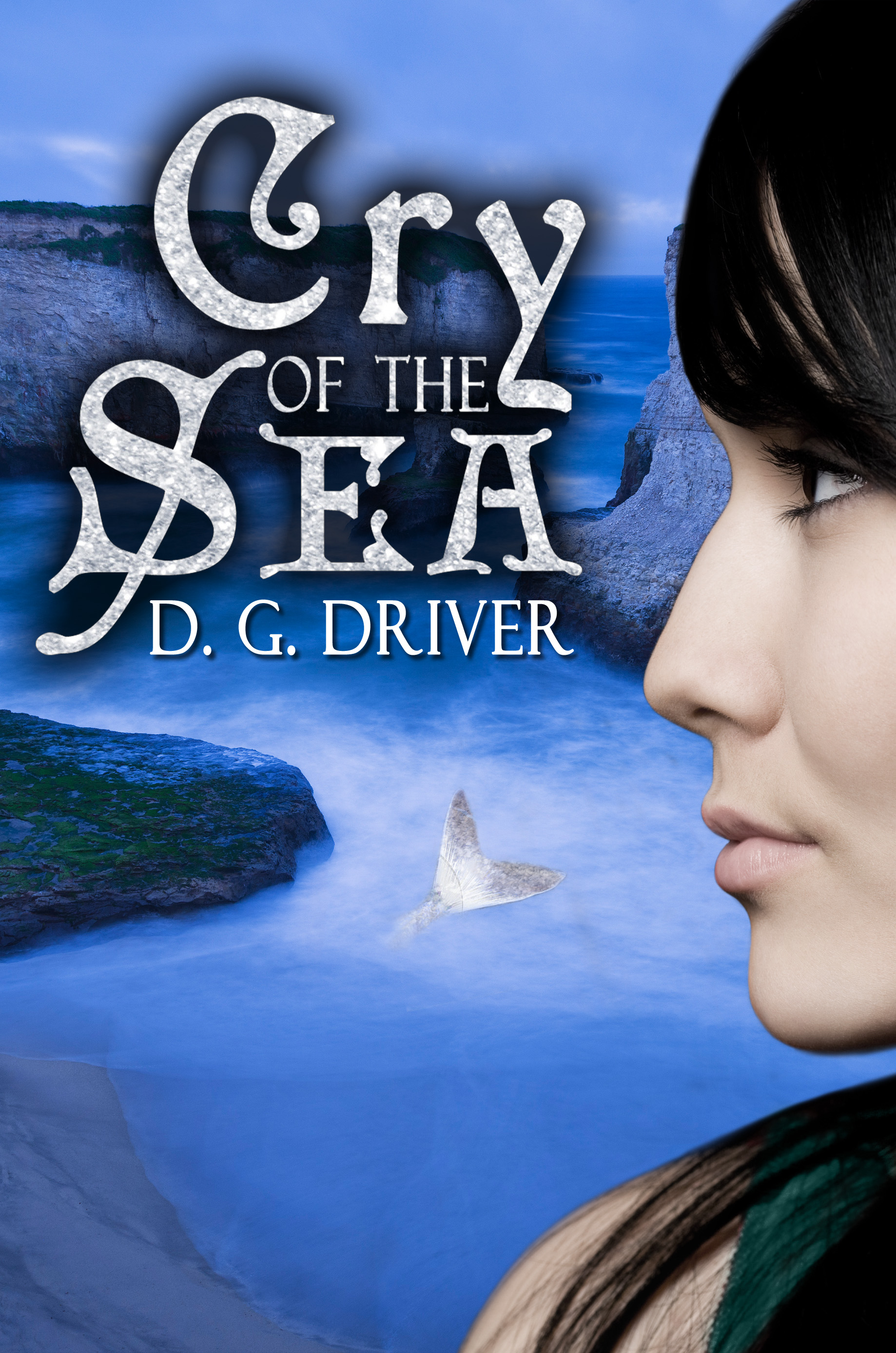
Find Donna here:
Fire and Ice YA
Website: www.dgdriver.com
